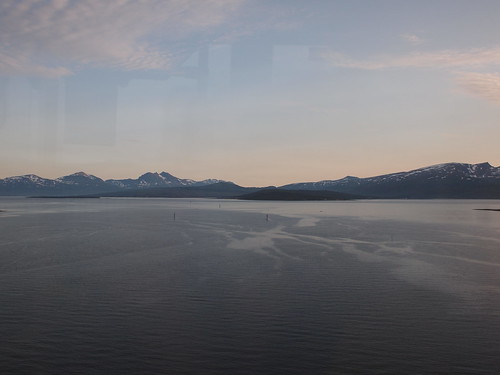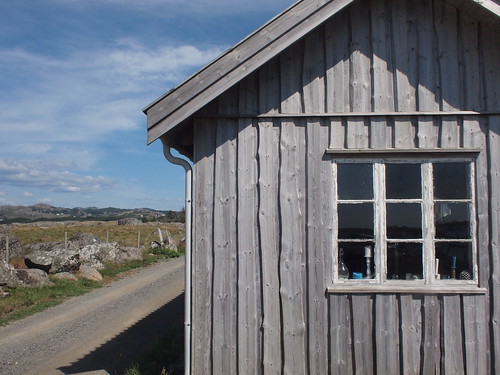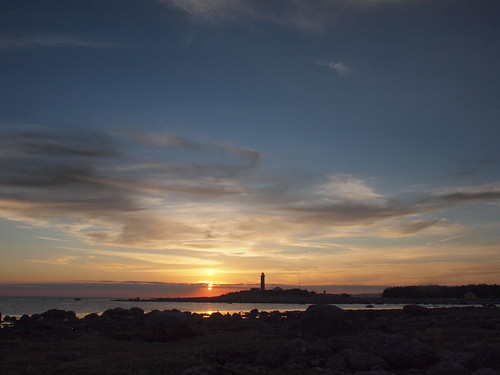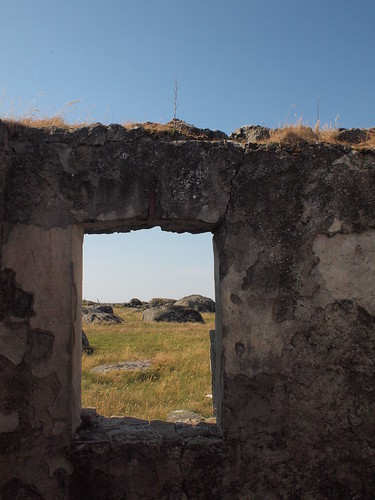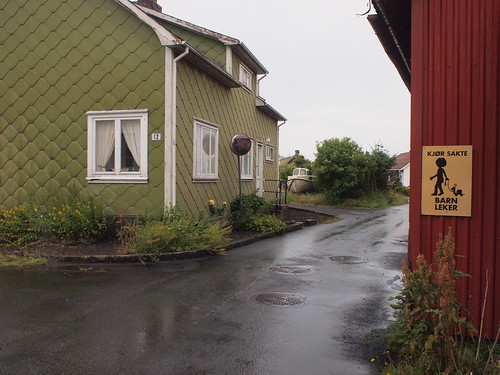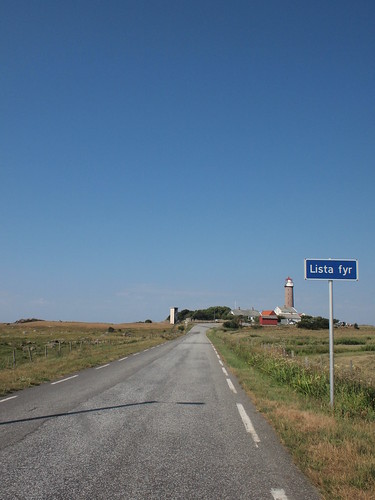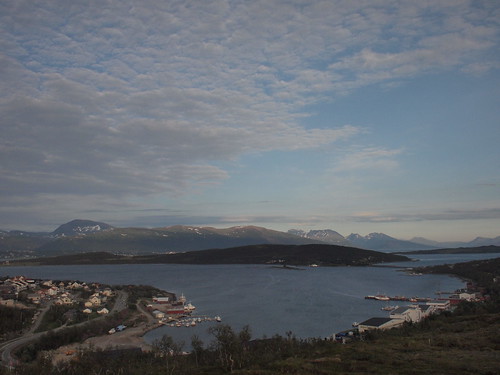
There's a quote from 'Walden' (if I haven't quoted 'Walden' enough in this blog): "I left the woods for as good a reason as I went there. Perhaps it seemed to me that I had several more lives to live, and could not spare any more time for that one." Right now Norway feels like a life I have lived out, and although there is more to this country--I haven't nearly plumbed its depths--it doesn't feel like there's more here for me right now. That's partly because what's here for me is the university, and I feel more than ready to put the strange cloister of universities behind me. And that's partly because--well. Sometimes the time comes to make a decision, and right now my decision is America and uncertainty, because I want to see what I find there. Between Norway and Canada, I've been gone for some time.
I might have more to say, about what this place has given me, about what this place is. About the things I'm leaving and the things I'll miss. At the moment, though, it's hard to see much beyond the transition. I wonder, vaguely, about reverse culture shock. I look forward to seeing family and old friends. But over my last few weeks I've stood in these mountains, or down by the sea, and felt something pure and clear that I can only call love for this place. And now I'm leaving it behind indefinitely for somewhere familiar that feels a little bit foreign, and although I'm looking forward I can't help but pause at the gate to look back. So I'll say it: Tromsø, I'll miss you. And whatever the future holds, I hope my experiences here can be a moveable feast; at the very least, I am certain I will carry them with me into the future, although I'm uncertain what guise they'll take.
